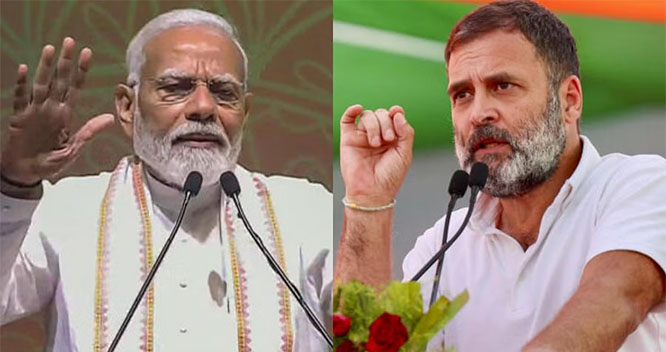New Delhi, Apr 22: President Ram Nath Kovind today signed an ordinance to pave way for providing stringent punishment, including death penalty, for those convicted of raping girls below the age of 12 years.
The Union Cabinet on Saturday approved the ordinance to allow courts to award death penalty to those convicted of raping girls under 12 years.
New fast-track courts will be set up to deal with such cases and special forensic kits for rape cases will be given to all police stations and hospitals in the long term, according to the Criminal Law (Amendment) Ordinance 2018.
It stipulates stringent punishment for perpetrators of rape, particularly of girls below 16 and 12 years. Death sentence has been provided for rapists of girls under 12 years, officials said quoting the ordinance.
The minimum punishment in case of rape of women has been increased from rigorous imprisonment of seven years to 10 years, extendable to life imprisonment, they said.
In case of rape of a girl under 16 years, the minimum punishment has been increased from 10 years to 20 years, extendable to imprisonment for rest of life, which means jail term till the convict's "natural life".
The punishment for gangrape of a girl below 16 years will invariably be imprisonment for the rest of life of the convict, the officials said.
Stringent punishment for rape of a girl under 12 years has been provided with the minimum jail term being 20 years which may go up to life in prison or death sentence, they said.
The Indian Penal Code (IPC), the Evidence Act, the Code of Criminal Procedure (CrPC) and the Protection of Children from Sexual Offences (POCSO) Act will now stand amended.
The measure also provides for speedy investigation and trial. The time limit for investigation of all cases of rape has been prescribed, which has to be mandatorily completed within two months.
The deadline for the completion of trial in all rape cases will be two months, the officials said. A six-month time limit for the disposal of appeals in rape cases has also been prescribed.
There will also be no provision for anticipatory bail for a person accused of rape or gang rape of a girl under 16 years.








Comments
Well said Mr. Sarkar,
What the hell is this? We request Mr. President to pass a law to handover the rapists to the public. So that public will nicely treat them.
What the hell? The rapist will wait till the girl turns 12 years and 1 day and then rapes her. Victim may be 1 day old or 100 years gold .. give instant death penalty for all rapists.
Add new comment